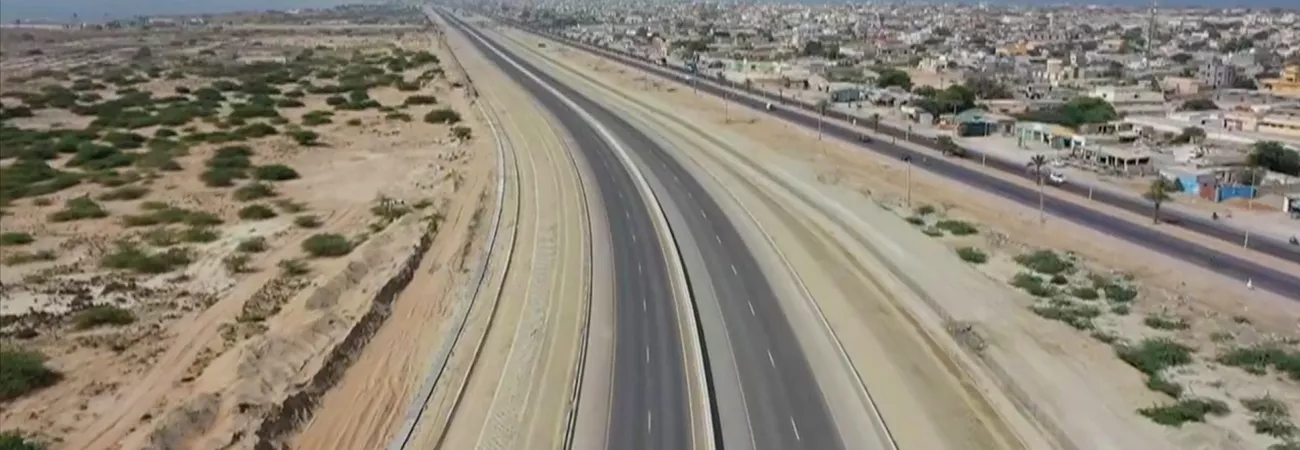i NEWS INTERNATIONAL
According to a report published by Gwadar Pro on Sunday, China transferred advanced technology and skills to Pakistan to develop the Eastbay Expressway project, says a report. According to Lieutenant Colonel (Rtd.) Naveed Ahmad Shami, who has been working on the project for about seven years, the Chinese used advanced technology, known as Revetment and Pilling Technology, and engineering for the first time in Pakistan.
He is the coordinator of the 19-kilometer-long Eastbay Expressway project, and he is proud that almost 4 kilometres of the area have been reclaimed from the sea by using this technology. Shami revealed that the initial timeframe for the project was about three years, but they had to build three bridges for the fishermen. Now the fishermen can cross the road easily, and they can also transport their boats and luggage through these bridges.
Although the project was delayed for one more year, this shows how much the Chinese are concerned about the facilitation of the local people.The main aim of the Eastbay Expressway project is to ease the transportation of the heavily loaded cargoes from the port to the CPEC artery.Although some elements tried to damage the project, fortunately, no mishap happened during the project due to the very tight security guards and around-the-clock security given by the Pakistani Army.
China has not only transferred technology and machinery for the development of Gwadar in particular and Pakistan in general, but also transferred it to the people of Pakistan in the most remote areas.According to Naveed Shami, the Chinese have constructed training institutes all over the region. When an industry is developed, there will be the most job opportunities for local people. For all these projects, Chinese companies will prefer local people like Baloch and local people from Gwadar. "It is very right to say that it would be a game changer," said Naveed Shami. It is a welcome thing that the Chinese are making sincere efforts for the modernization and development of the local people.
They have established vocational institutes and introduced 26 subjects for the locals, which have more than 300 capacities. They have boarding, lodging, and other systems that are not going to charge any money from the Pakistani government. Shami is hopeful that the transfer of technology and skills will bring prosperity and development for Pakistanis, especially for the people of Balochistan.
Credit:
Independent News Pakistan-INP









